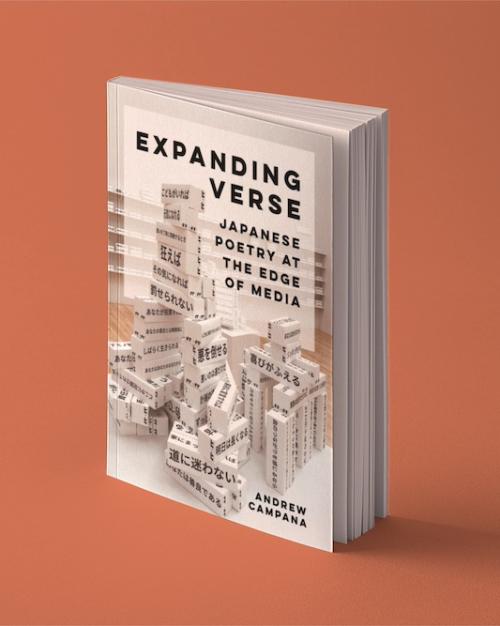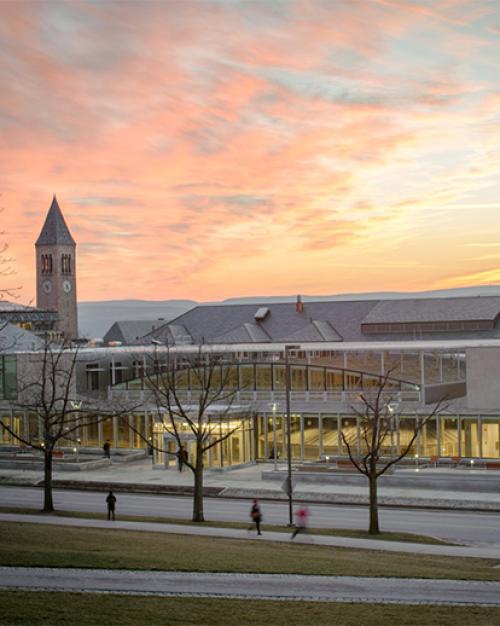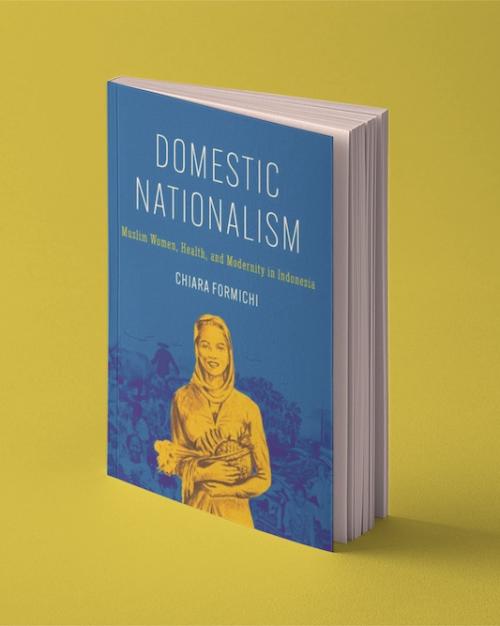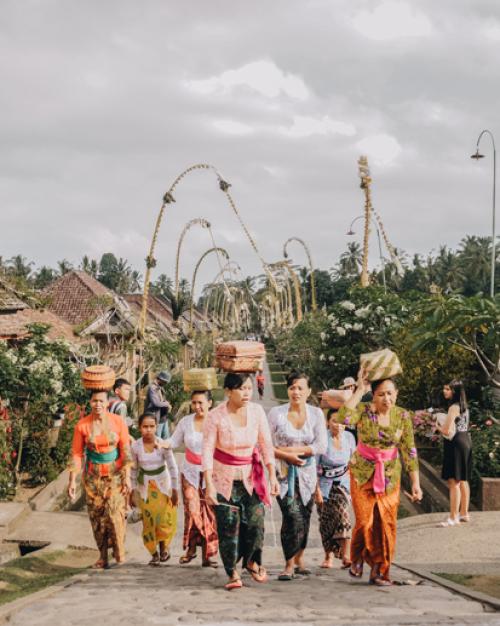Seed and small grants from the Mario Einaudi Center for International Studies are launching some big global initiatives – from uncovering one of Pompeii’s lost gardens to bringing together international researchers studying Indonesia’s 700 languages.
This year’s grants support four faculty research projects and four international conferences or workshops; the awards total more than $50,000. Launched in fall 2005, the Einaudi Center’s grants provide funding to seed faculty-led international research, conferences and collaborations.
“The 2019–20 Einaudi grant recipients represent the dynamism and potential of international research at Cornell,” said Rachel Beatty Riedl, Einaudi Center director and the John S. Knight Professor of International Studies. “Working in every region of the world and across disciplines as diverse as ecology, microbiology, archaeology and Islamic studies, the faculty awardees are expanding the frontiers of our knowledge.”
This fall, the Einaudi Center will announce new “public voices” seed-funding opportunities to promote Einaudi faculty’s public engagement on campus, in national debates and around the world. Public voices funding will encourage coordination with international partners to expand the reach of Cornell’s academic expertise to new audiences.
Research projects:
- Caitlín Barrett, associate professor of classics, College of Arts and Sciences: “Reconstructing a Garden of Pompeii.” When Mount Vesuvius erupted in 79 A.D., the Casa della Regina Carolina – a large house at Pompeii, with an extensive domestic garden and outdoor spaces – was buried under 20 feet of ash. Researchers excavating the site are employing a breakthrough method of extracting fossilized pollen grains from the ancient plaster. Combining field work with laboratory analysis, Barrett and colleagues are identifying the plants that adorned this ancient Roman garden. The project aims to reveal the plants that elite Romans and working people encountered every day, the ways people used garden space, and environmental conditions in Roman Italy.
- Chiara Formichi, associate professor of Asian studies (A&S): “Building Health and Nation in Indonesia.” Indonesian women’s bodies became a site for nation-building in the first half of the 20th century, as colonizing and colonized men and women in the Netherlands and the Dutch East Indies (later Indonesia) competed to set the terms of “progress” and “health.” Formichi is traveling to Australia to analyze rare Dutch and Malay home and health periodicals that uncover the tension between Western and indigenous ideas about healthy practices. Examining women’s writing about nutrition, family health and home economics will shed light on women’s political participation and the buried connections between women’s domestic work – pregnancy, food and traditional medicine preparation – and the sociopolitical project of building a modern Indonesia.
- Ian Hewson, associate professor of microbiology, College of Agriculture and Life Sciences: “Identifying Global Seagrass Viruses.” Seagrasses prevent coastal erosion, buffer storm impacts and shelter young fish and invertebrates, but human activities and climate change threaten seagrasses and bring diseases that cause habitat loss. The effects hit developing economies the hardest. Hewson and his team are examining samples from around the world to identify viruses that may affect seagrasses, track their regional distribution and determine human impacts. The team is training scientists in viral surveillance techniques, working with collaborators in South Africa, Australia, New Zealand, Chile and South Korea. Understanding seagrass viruses will allow scientists to predict their potential to spread, so that we can take action to conserve vital marine habitats.
- Andre Kessler, professor of ecology and evolutionary biology (A&S, CALS): “Sustainable Practices for Colombian Farms.” Small farms produce more than 75% of the food in tropical Latin America, but changes in land use and a warming climate threaten farmers’ food security. These farmers are on climate change’s front lines, with the livestock they rely on posing serious environmental threats. Kessler, Katja Poveda and their team are testing climate-smart agricultural practices – combining managed grazing and push-pull intercropping – on smallholder farms in Colombia. The project will identify local plants for intercropping and test crop yield to optimize pest resistance, soil quality and livestock productivity. Farmers in Colombia will reap the benefits of healthier crops, cattle and land.
Conferences and workshops:
- Abigail C. Cohn, professor of linguistics (A&S). Funding for Indonesian Languages and Linguistics: 2020 State of the Field Conference, held Feb. 16-18.
- Michael Fontaine, professor of classics (A&S). Travel to Plautus Revisited conference, May 21-23, Philipps University, Marburg, Germany.
- Dr. Gunisha Kaur, anesthesiologist, Weill Cornell Medicine. Upcoming conference on human rights for adolescents and child migrants.
- Suyoung Son, assistant professor of Asian studies (A&S). Upcoming workshop on book history and production – the making of early modern authors – in East Asia.
Priya Pradhan ’22 is a communication assistant at the Mario Einaudi Center for International Studies.
Image: Penglipuran Village, Bali, indonesia. Credit: Ruben Hutabarat, Unsplash
Read this story in the Cornell Chronicle.





